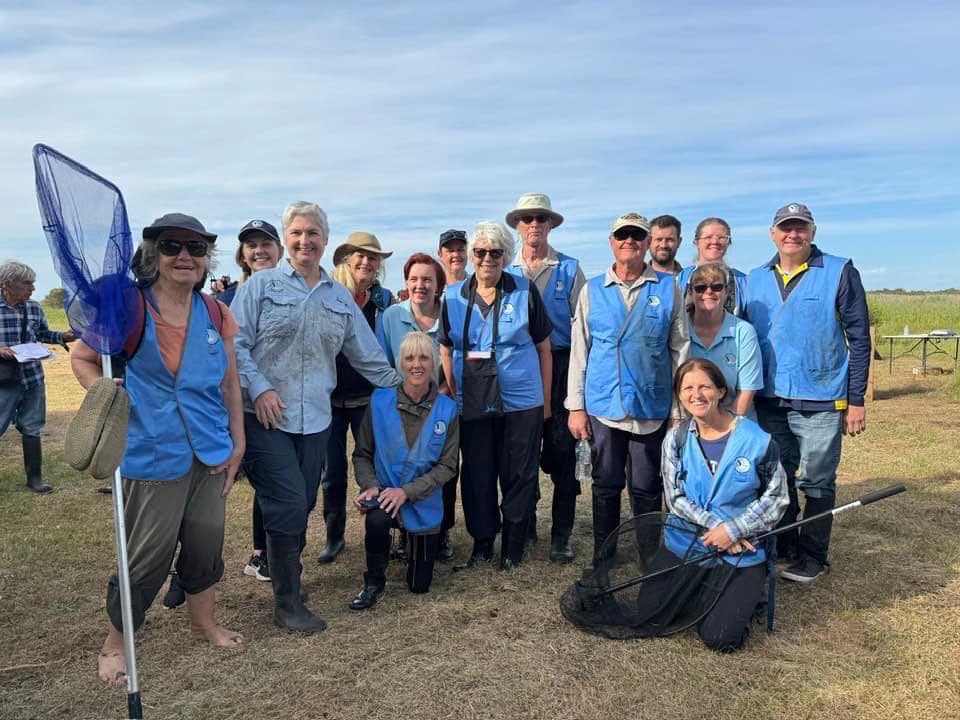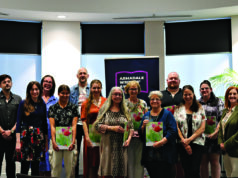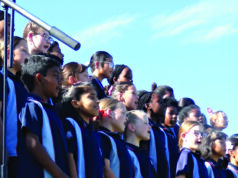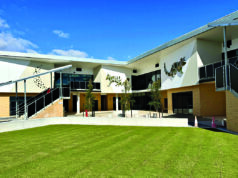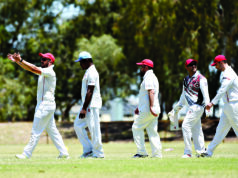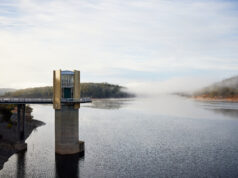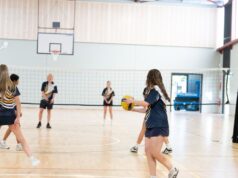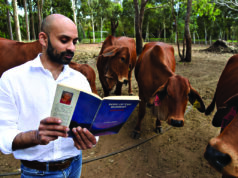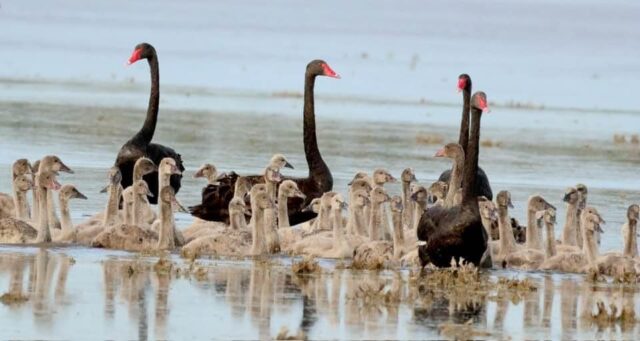
Seventy-seven cygnets were spared certain death when a slew of volunteers stood shoulder to shoulder at sunrise to save them.
The Forrestdale Lake Nature Reserve cygnet rescue has sadly become an annual event; as the weather warms and the lake dries up, the cygnets are too little to fly to new homes and are at risk of starvation, dehydration or being predated upon by foxes if not relocated.
The Forestdale Lake is a 220-hectare seasonal lake, which was designated as a Ramsar wetland in 1990, meaning it has international significance.
It constitutes a major breeding, migration stop-over, and refuge for a variety of waterbirds including black swans.
The lake fills over Winter, but by early Summer it runs dry. Unfortunately, this appears to be happening earlier and earlier each year. This year, the lake was nearly dry by mid-Spring.
According to the South East Regional Centre for Urban Landcare, decades ago the lake used to hold a lot more water than it does today, and some years it didn’t dry up completely.
The change has been attributed to increased bore usage, overdevelopment, and declining annual rainfall.
This year, David James from Friends of Forrestdale noted that over 100 cygnets would need to be rescued from the lake which was drying up unseasonably fast.
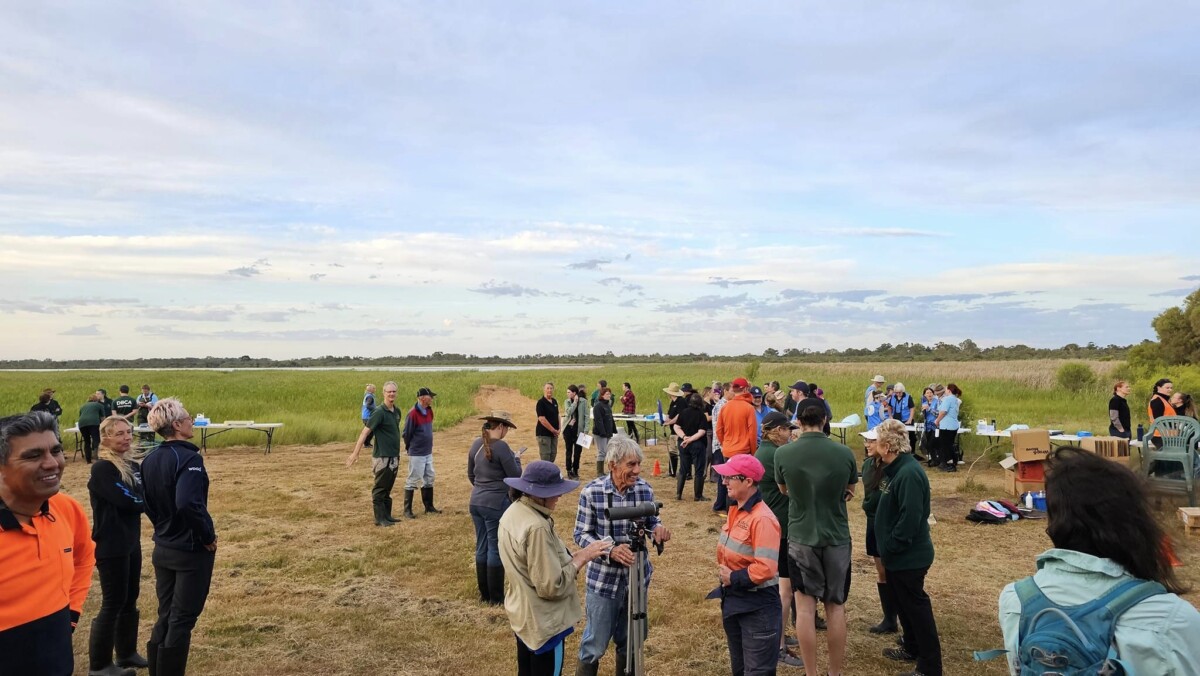
On Friday, November 3, a team of 107 volunteers and experienced wildlife carers rose at the crack of dawn for the cygnet muster, organised by Parks and Wildlife Services.
Groups walked the edge of the lake in three linked sections, which closed to form a circle around the babies. The 77 cygnets were then herded into holding pens.

Unfortunately, up to a quarter of the baby swans originally sighted by David James had been taken by foxes before they could be rescued.
A total of 73 cygnets were taken into care while four were safely relocated to Lake Joondalup.
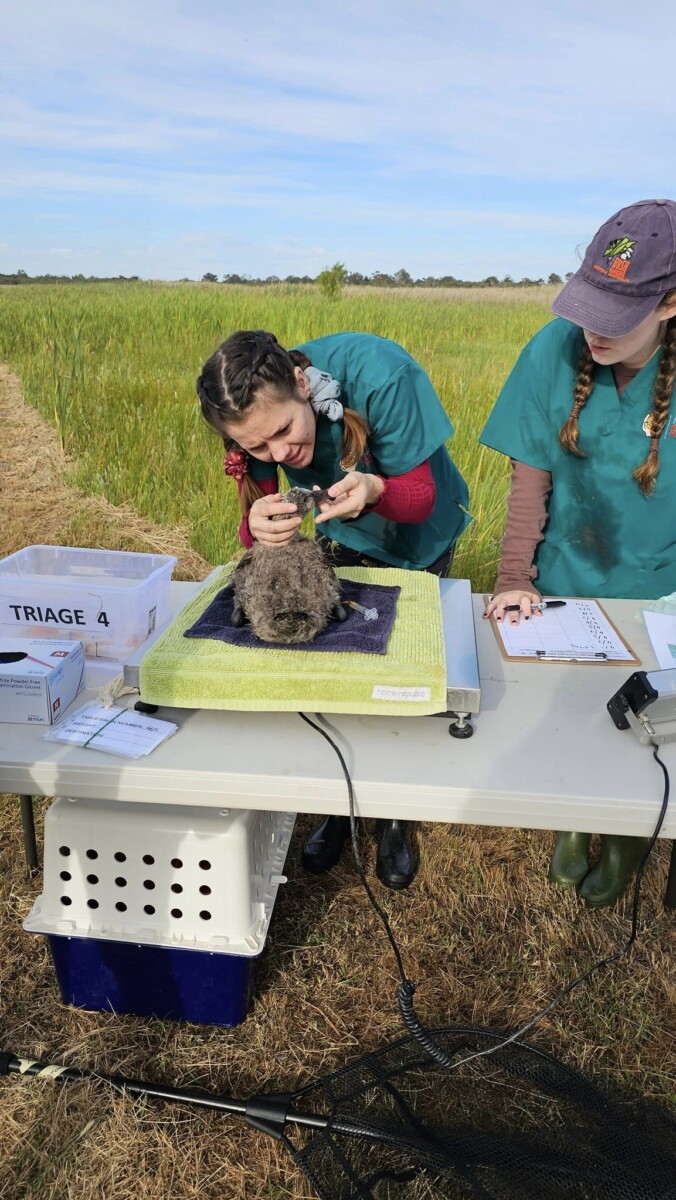
Over the next few months, wildlife carers from Darling Range Wildlife, River Wren, Native Animal Rescue, Kanyana Wildlife and WA Wildlife will be devoting countless hours to ensure the well-being and rehabilitation of the cygnets until they are ready for relocation to either Lake Mealup or Lake Joondalup.
Darling Range Wildlife Shelter are calling for donations from the community to help care for the rescued cygnets before their release.
Donations do not need to be monetary. Items such as towels, fresh fruits and vegetables, frozen peas and corn, dish soap and hand sanitiser, surgical gloves, QV bath oil and manuka honey would be helpful. Medical equipment like plastic tweezers, sterile gauze, bandage padding, saline and reusable baby bottles would also be of use.
Any donations can be taken to Lot 41 Hayward Rd, Martin. Or call 08 9394 0885 for more information.
